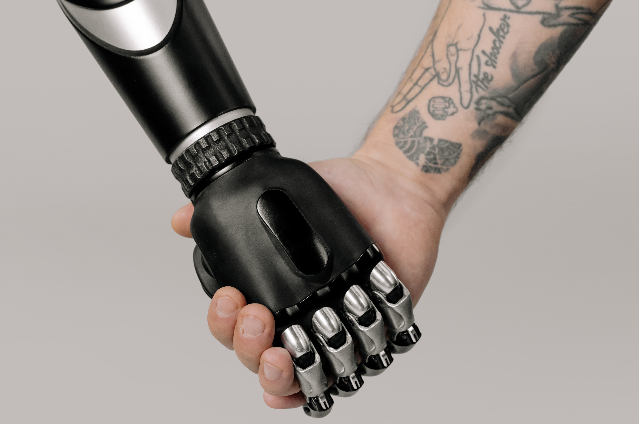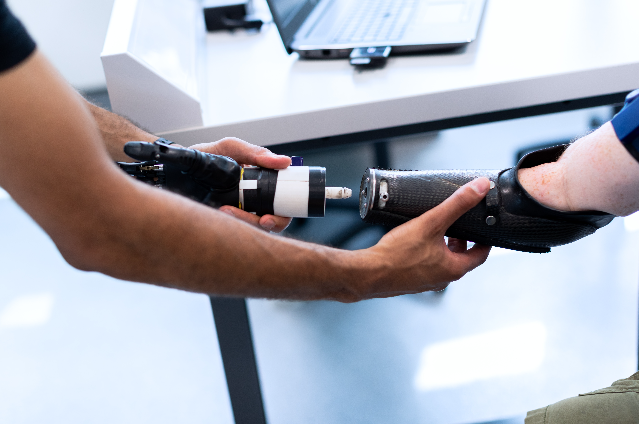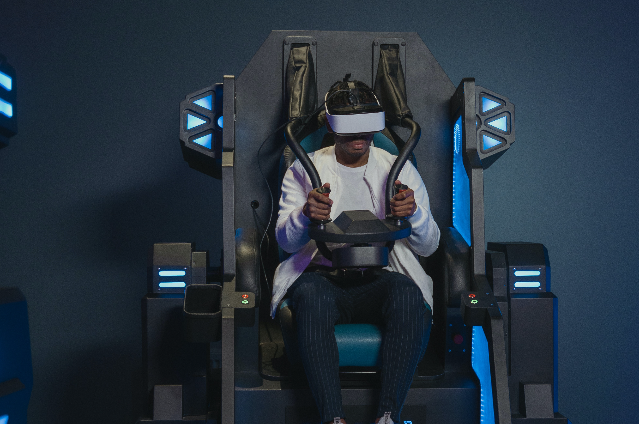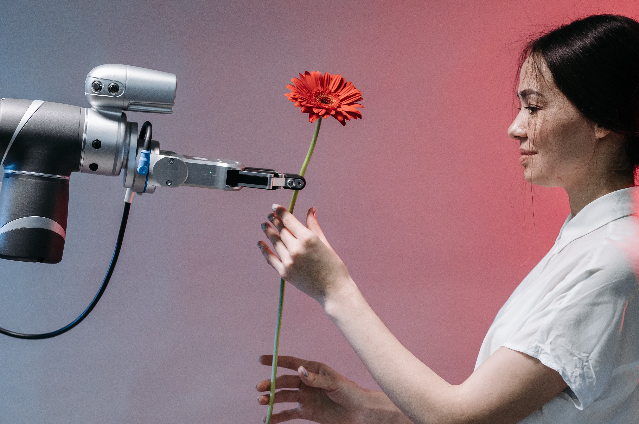
Robotic technology has developed as one of the most influential operators for other rising technologies. And now robots proceed to act as technological innovators for the fate of humankind. In general, these robots represent machines and programmed equipment that have been processed to detect and adapt distinct things, often like humans. Sometimes we call them Artificial Intelligence (AI), other times we name them as machines, or simply bots. But all the terms that we apply for them are diverse, yet, they are interrelated to the employment of robots. Today, countless people assume that robots can effortlessly replace humans on Earth in the coming future.
Robots operate on cold-stone logic and they can certainly outperform humans in some tasks. People think that robots can imitate human intelligence to counter distinct tasks, and it will put humans at high risk. Presently, robots are even being employed in turning hand-made designs into digital reference codes. Numerous factory floors use robots that are frequently made by machine learning algorithms such that they can fit with people working alongside them.

While conventional assembly line workers are set to be replaced by automation, hotel housekeeping staff are doubtful to handle the same possibility any time soon, because robots cannot be accurate in those job aspects. Robots are comparatively good at repetitive tasks but miserable at dealing with diverse and unique events. For instance, room service which requires versatility, object identification, and precise coordination, is beyond the abilities of robots, at the moment. And situations like this create a huge puzzle on the full-time replacement of robots with humans.
Creativity is another aspect where robots lack. They can certainly replicate anything in each consequent repetition, but creating something original and inventive is a talent that only humans have till now. So, replacing humans with robots may seem like a good idea from a rigidly economic viewpoint, but from a client well-being attitude, this idea is broadly disappointing.

Another most important aspect indicating that people are more helpful than robots is that humans have a real-life perception of the different life factors, situational incidents, and other external knowledge that is not always provided to robots. They are only as smart as the data provided to them, and humans, on the other hand, can account for things outside of data in the connection of any real situations.
Robots will reduce some controls in the future, but they will not take the place of every work that humans can do. For instance, take the rising use of internet chat robots which are pre-programmed to respond to certain questions based on some set of signs. When real people involve with such chat robots, they are not constantly looking for some intelligent and logical answer, instead, they want a sensitive opinion, and they want to get some sort of validation for their feelings. And certainly, even the smartest robots can’t do that with humanity and pure compassion. Consequently, human nature, ingenuity, and creativity are a few things that robots cannot replicate at the moment.

Without any information from humans, robots cannot operate as they are supposed to. However, there are no doubts about robots’ influence on human civilizations has enhanced, as it's obtaining its mark and things are evolving extremely fast. Robots are years away from invading the markets. In 2016, a market research firm Tractica published a report that calculated that the annual global revenue for artificial intelligence products and services will grow from $643.7 million in 2016 to $36.8 billion by 2025. And it will represent the fastest-growing segment of any size in that sector.
Several sectors are at the start of including robots in work but they have a long way to go. Although, the large influence of robots on our present-day lives is difficult to ignore, its progressions are merely the beginning, and there is much more to come.
______________________________________________
Reference:
- www.geeksforgeeks.org
- www.sciencedirect.com
- www.builtin.com
